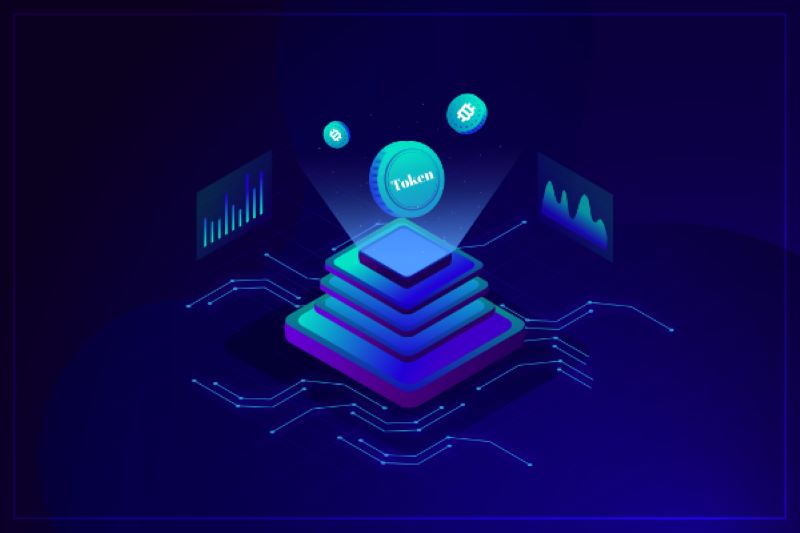What is Data Tokenization? – The Evolution of Data Security
What is data tokenization? This innovative approach has emerged as a crucial solution in the realm of data security, transforming how organizations protect sensitive information. By replacing sensitive data with unique identifiers, or tokens, data tokenization significantly reduces the risk of data breaches while maintaining the usability of the original information. In this article, we will explore the concept of data tokenization, its evolution, and its impact on enhancing data security in various industries.

What is Data Tokenization?
Data tokenization is an information security method where sensitive data is replaced with unique identifiers called tokens. These tokens do not contain sensitive information and cannot be used to recreate the original data without access to a secure system.The primary purpose of tokenization is to minimize the risk of storing and processing sensitive data, such as credit card information, personal identification numbers, or any data that could cause harm if exposed. When sensitive data is tokenized, even if a data breach occurs, the attacker will not be able to exploit the original information.Data tokenization is becoming increasingly important in sectors like finance, healthcare, and e-commerce, where information security is crucial for protecting consumer rights and complying with legal regulations.
Why is Data Tokenization Important?
Data tokenization not only helps protect sensitive information but also assists organizations in complying with security regulations, creating a safer environment for both businesses and consumers. Let’s delve deeper into what is data tokenization and its significance.
The data tokenization is a powerful tool for protecting sensitive information and ensuring compliance with security regulations. By understanding what is data tokenization and implementing it effectively, organizations can create a more secure environment for data sharing and processing, fostering trust and confidence among stakeholders.
Read more: https://blockchainsolve.com/what-is-data-tokenization/
